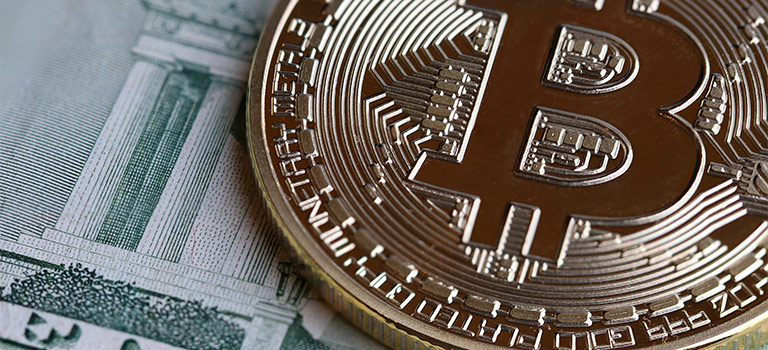PALO ALTO, Calif. (Reuters) - The Federal Reserve is looking at a broad range of issues around digital payments and currencies, including policy, style and legal considerations around potentially issuing its own digital currency, Guv Lael Brainard said on Wednesday. Brainard's remarks recommend more openness to the fedcoin stock possibility of a Fed-issued digital coin than in the past." By changing payments, digitalization has the possible to provide greater worth and convenience at lower expense," Brainard said at a conference on payments at the Stanford Graduate School of Business.
Reserve banks internationally are debating how to handle digital financing technology and the dispersed ledger systems used by bitcoin, which guarantees near-instantaneous payment at potentially low expense. The Fed is establishing its own day-and-night real-time payments and settlement service and is currently examining 200 comment letters submitted late in 2015 about the suggested service's style and scope, Brainard said.
Less than two years ago Brainard informed a conference in San Francisco that there is "no engaging demonstrated need" for such a coin. However that was before the scope of Facebook's digital currency aspirations were widely understood. Fed authorities, including Brainard, have raised concerns about customer protections and information and privacy risks that might be posed by a currency that might enter into usage by the third of the world's population that have Facebook accounts.
" We are teaming up with other reserve banks as we advance our understanding of reserve bank digital currencies," she stated. With more nations looking into providing their own digital currencies, Brainard stated, that adds to "a set of factors to likewise be making certain that we are that frontier of both research and policy development." In the United States, Brainard said, issues that require study consist of whether a digital currency would make the payments system much safer or easier, and whether it could position financial stability risks, consisting of the possibility of bank runs if money can be turned "with a single swipe" into the central bank's digital More help currency.
To counter the monetary damage from America's unprecedented national lockdown, the Federal Reserve has actually taken unmatched steps, consisting of flooding the economy with dollars and investing straight in the economy. Most of these relocations got grudging approval even check here from many Fed skeptics, as they saw this stimulus as needed and fedcoin news something just the Fed might do.
My brand-new CEI report, "Government-Run Payment Systems Are Hazardous at Any Speed: The Case Versus Fedcoin and FedNow," information the threats of the Fed's present prepare for its FedNow real-time payment system, and propositions for central bank-issued cryptocurrency that have been dubbed Fedcoin or the "digital dollar." In my report, I talk about concerns about privacy, data security, currency manipulation, and crowding out private-sector competitors and development.

Proponents of FedNow and Fedcoin state the government needs to create a system for payments to deposit immediately, rather than motivate such systems in the personal sector by raising regulatory barriers. But as kept in mind in the paper, the economic sector is supplying a relatively limitless supply of http://louisbriu186.theburnward.com/fed-governor-says-central-bank-will-partner-with-mit-on-1 payment technologies and digital currencies to fix the problemto the degree it is a problemof the time space between when a payment is sent and when it is gotten in a savings account.
And the examples of private-sector development in this location are lots of. The Cleaning Home, a bank-held cooperative that has been routing interbank payments in numerous forms for more than 150 years, has been clearing real-time payments because 2017. By the end of 2018 it was covering half of the deposit base in the U.S.